Diary of a Bookseller: Must-see Writers’ Week sessions
From a tale of love in the time of COVID, to talks about authors who ‘take sides’ and the perils of publishing risky books, these 2023 Adelaide Writers’ Week sessions recommended by columnist Jo Case promise to both captivate and challenge.

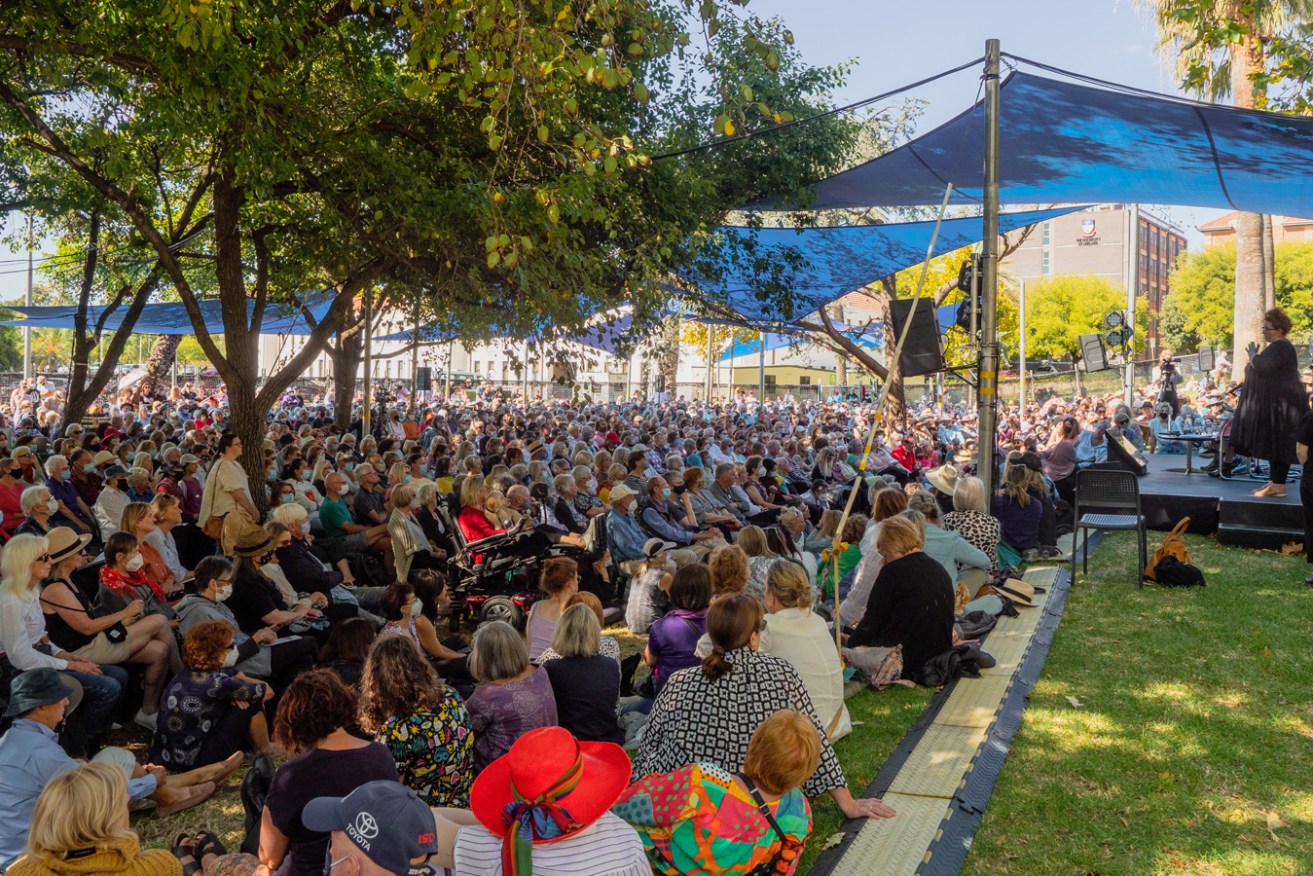
Adelaide Writers' Week in the Pioneer Women's Memorial Garden. Photo: Julia McNab / Adelaide Festival
Writers festivals are changeable beasts: I know, because in what now seems so far away as to be another life, I was program manager of Melbourne Writers Festival. So I’ve seen from the inside and the outside how such festivals change not just in tune with the publishing schedule, and the times, but with the passions and predilections of each director.
Jo Dyer’s Adelaide Writers’ Week was feisty, political and on zeitgeist. Women standing up to sexual assault recurred, for example: it was there I first encountered Lucia Osborne-Crowley, the brilliant young journalist and sexual assault survivor who has gone on to make international headlines covering the trials of Ghislaine Maxwell, and Johnny Depp vs Amber Heard.
Before her, American Laura Kroetsch’s Adelaide Writers’ Weeks were characterised, to me, by discovering great US writing, sometimes on the cusp of breaking out. AM Homes was there to talk about May We Be Forgiven months before it won the Women’s Prize for Fiction, and now-star Rachel Kushner came in 2014, soon after her breakthrough second novel, The Flamethrowers, was published.
2023 marks a new Writers’ Week director again: Louise Adler. What will her festivals be like? The theme of her first festival is truth – and she seems interested in writers whose truths are complex, and may even make us uncomfortable. She writes in the festival program: “good books take us to places, ideas and emotions we do not fully understand”.
The sessions I’ve chosen reflect this idea, of writers who challenge my thinking or introduce me to new ideas: sometimes taking me further down a path I’m keen to explore; sometimes by forcing me to sit with discomfort. (I should say, this is not a statement about the writers whose appearances at Writers’ Week are currently under protest.)
A History of the Soul
Svetlana Alexievich and Mariana Katzarova, Saturday, March 4, 9.30am
Svetlana Alexievich won the 2015 Nobel Prize for Literature for her body of work, described as documentary prose: books that tell personal and political histories through a meticulous collage of voices, telling their own stories. The Belarusian writer’s books include experiences of women in war, an oral history of the Chernobyl nuclear disaster (one of the sources for HBO’s Chernobyl), the children of World War II, and the demise of Communism in Russia. New Yorker editor David Remnick called Alexievich’s Secondhand Time “the non-fiction volume that has done the most to deepen the emotional understanding of Russia during and after the collapse of the Soviet Union”. In this session she will be in conversation with human rights leader Mariana Katzarova.
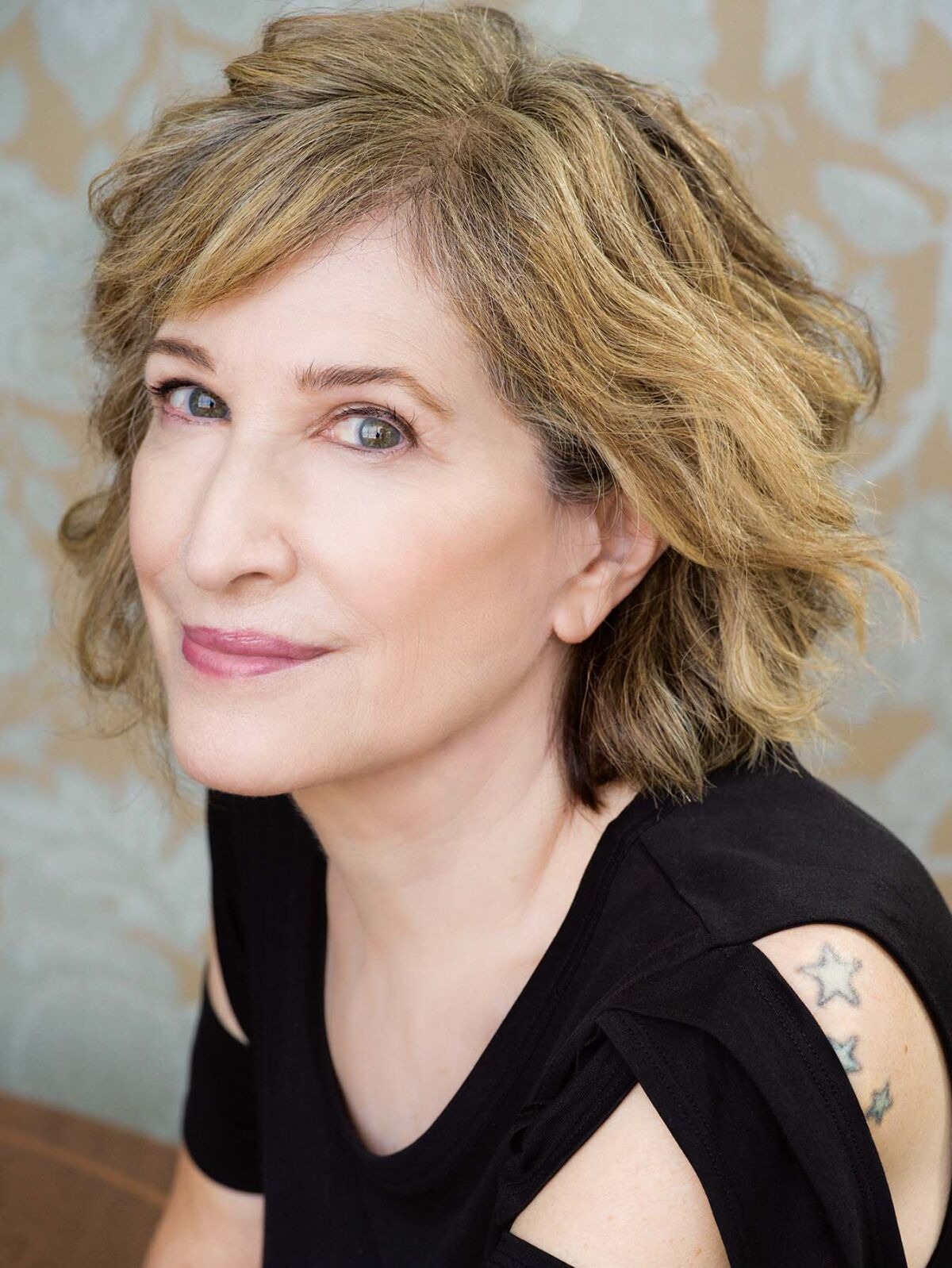
Laura Kipnis.
What COVID Did to Love
Laura Kipnis, Sunday, March 5, 2.30pm
Laura Kipnis is better known in the US than she is here: I discovered her as one of six women writers and thinkers profiled in depth in Julienne van Loon’s excellent book The Thinking Woman. Her writing is ironic, witty and deeply questioning. And she definitely challenges conventional thought.
In her 2003 polemic, Against Love, Kipnis dismantled the myths of romance and makes a case for adultery as an escape from monogamy. In the book she’s come to Writers’ Week to talk about, Love in the Time of Contagion, she weaves an examination of her own COVID lockdown relationship with broader questions about sexual politics, gender politics and biopolitics.
Kipnis’s controversial Unwanted Advances: Sexual Paranoia Comes to Campus, in 2017, explored the complexities of sex, consent and relationships between staff and students. It sparked protests. I admit I haven’t read it, and suspect I will disagree with her on this one. (What I’ve read gives me The First Stone vibes – my least favourite Helen Garner book.) But I’m intrigued.
Modern Relationships: Kipnis is also speaking in this session (March 7, 2.30pm) with Love and Virtue author Diana Reid, whose campus novel explores sex, consent and a clandestine teacher-student relationship, and comic essayist turned novelist Sloane Crosley, whose debut book of essays, I Told You There’d Be Cake, I loved.
Authors Take Sides
Randa Abdel-Fattah, Ramzy Baroud, Mohammed El-Kurd & Peter Singer, Sunday, March 5, 1.15pm
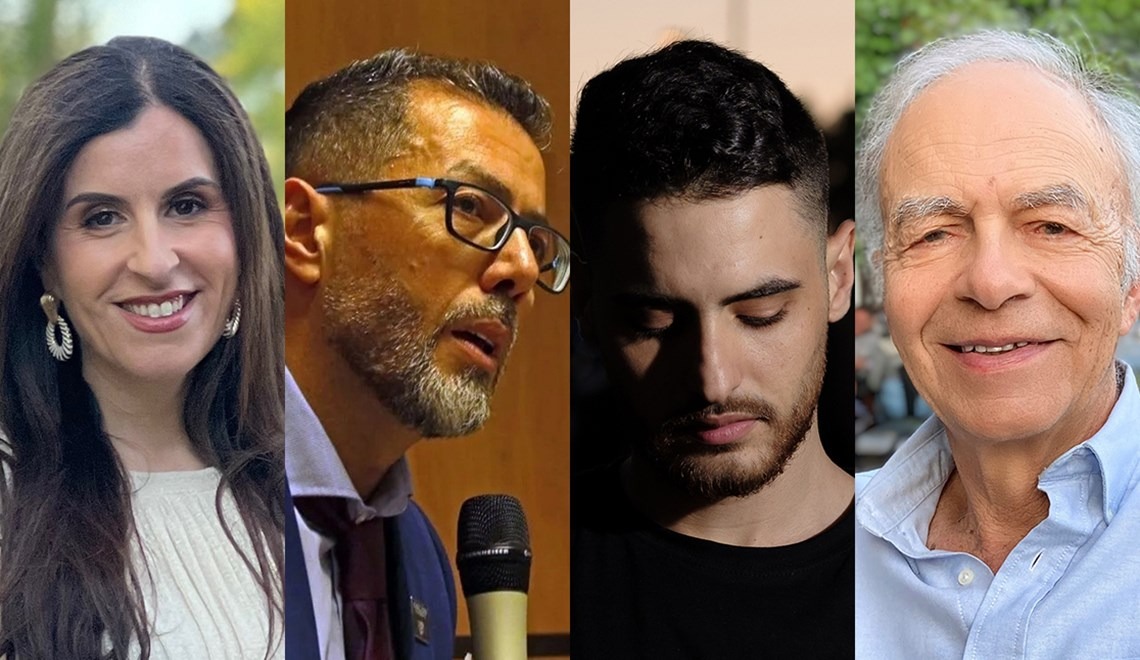
Three Palestinian writers – Egyptian-Palestinian Australian human rights and YA writer Randa Abdel-Fattah, editor of the Palestinian Chronicle Ramzy Baroud, and poet Mohammed El-Kurd – will come together here with controversial bioethicist Peter Singer to talk about the role of politically engaged writers.
Of course, there’s been much debate and controversy over Mohammed El-Kurd’s involvement in Adelaide Writers’ Week, after reports he’d accused Zionists of eating the organs of Palestinians. In fact, a poem in his collection Rifqa reads: “they harvest / organs of the martyred / feed their warriors our own”. El-Kurd has argued it’s a metaphor. He argues – convincingly, I think – it’s not, as alleged, an anti-Semitic “blood libel” slur, but a documented practice (which he footnotes on the same page) of Israelis “returning the bodies of young Palestinian men to their families with organs missing”. Israel has admitted to harvesting organs (from Palestinian and Israeli soldiers) without the consent of their families.
That’s just one example of what can happen when writers do politically engage – and it shows how complex it can be, and how they can be misread. (And I am focusing on unpicking one criticism.) But it shows how important it is to pay close attention to these debates in order to understand them. And personally, I’m very interested to hear what these Palestinian writers have to say about their experience.
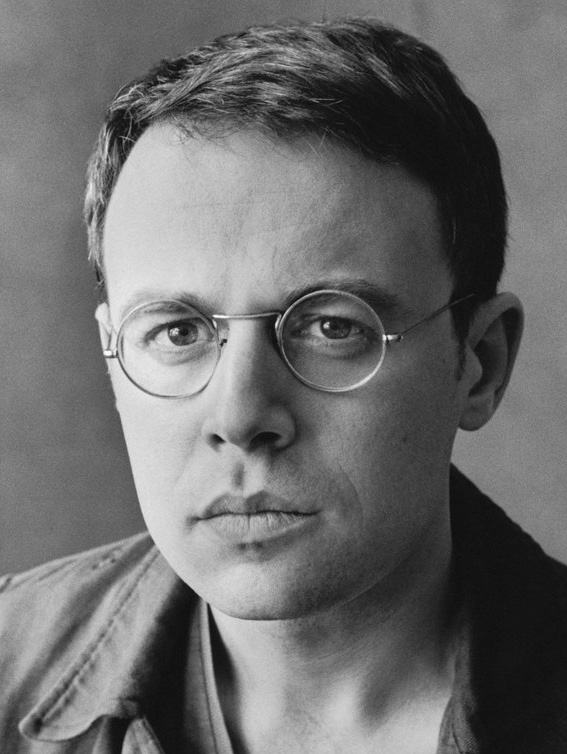
Joshua Cohen.
Meet the Cohens
Josh Cohen and Joshua Cohen, Monday, March 6, 1.15pm
Josh Cohen is a psychoanalyst who’s written a book about why we should work less, Not Working: Why We Have to Stop. (Ironically, I type this sentence while doing a second shift tonight, after working all weekend. Hmmm.) He writes that work doesn’t work for most people, and when it does, it’s a refuge.
Joshua Cohen’s 2021 novel The Netanyahus won the 2022 Pulitzer Prize for Fiction and has received rave reviews: New Yorker guru James Wood calls him “one of the most prodigious stylists at work in the US today”. In The Netanyahus, Jewish historian Ruben Blum is co-opted onto a hiring committee to review the application of an exiled Israeli scholar specialising in the Spanish Inquisition. When Israeli prime minister Benzion Netanyahu shows up for an interview, family unexpectedly in tow, Blum plays the reluctant host to guests who proceed to lay waste to his American complacencies.
I don’t know if it’s because they basically have the same name, or because they both have so-called “losers” in their books (the official explanation), but this pairing, to talk about the loser in literature, politics and psychoanalysis, intrigues me.
The Perils of Publishing
Louise Milligan and Adele Ferguson, Wednesday, March 8, 12pm
Louise Milligan is the Walkley-award-winning author of Cardinal: The Rise and Fall of George Pell and of the Stella Prize-shortlisted Witness, the product of a five-year investigation into the experience – and trauma – of being a witness in court (sparked by her testifying in the Pell case). She’s a marvellous journalist.
Adele Ferguson was one of the journalists who broke the stories that led to a royal commission into the banking and financial services industries. Through her exposes in print and on television, she pursued the truth about funds mismanagement, fraud, lack of probity, and the hard-sell culture that took over the finance industry after deregulation in the 1980s. And she told the victims’ stories. In 2019, she published a book on it all: Banking Bad.
In this session, lawyer Michael Bradley interviews these two terrific journalists about the process of publishing risky books, including dodging defamation and litigation, and convincing risk-averse publishers.
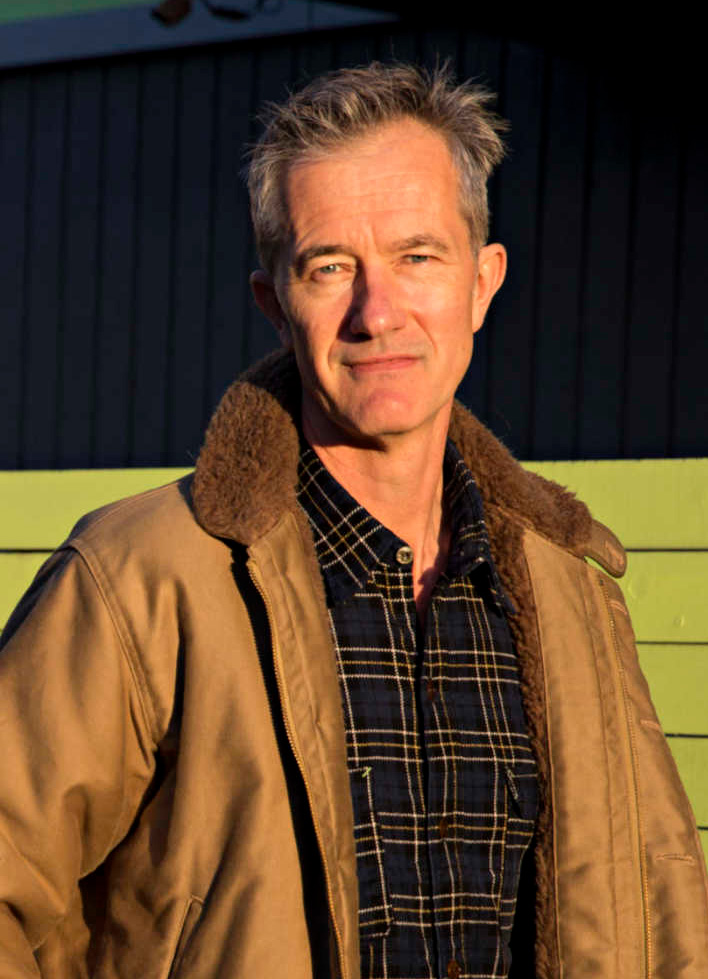
Geoff Dyer.
On Endings
Geoff Dyer, Wednesday, March 8, 3.45pm
Geoff Dyer is just straight-up terrific. Trust me. If you’ve never heard of him – as I hadn’t, at the Writers’ Week roughly 15 years ago when I watched him interviewed by JM Coetzee – it simply won’t matter. Just turn up, grab a patch of lawn, and let him entertain you.
Dyer has written about everything from his love of jazz to a book about trying to write a book about DH Lawrence. It doesn’t matter what he writes: it’s always an invitation into the wandering, questioning, endlessly intelligent mind of a master raconteur.
In The Last Days of Roger Federer, Dyer’s encounter with the existential drama of late middle age is set against the late work of great artists – from Bob Dylan to John Coltrane, Annie Dillard to Giorgio de Chirico. And of course, Roger Federer, who I couldn’t care less about (but I will read it anyway).
Unbelonging
Fiona McFarlane, Thursday, March 9, 5pm
In this session – the last of Adelaide Writers Week – I’ll be talking to Fiona McFarlane about her impressive historical novel set in the Flinders Ranges, The Sun Walks Down.
The book is set in 1883, at a time of beautiful, terrible sunsets, when a six-year-old boy walks into a dust storm on his parents’ ailing wheat farm and is lost. What happens next unfolds in a chorus of voices – a policeman and his lusty new wife, an Afghan cameleer, the boy’s prickly, unconventional sister and concerned parents, and Billy, the Indigenous farmhand who exists uncomfortably between worlds. And it is both a commentary on lost child narratives, and a multicultural version of one.
Jo Case is a monthly columnist for InReview and deputy editor, books & ideas, at The Conversation. She is an occasional bookseller at Imprints on Hindley Street and former associate publisher of Wakefield Press.
Adelaide Writers’ Week will take place from March 4-9 in the Pioneer Women’s Memorial Garden. Read more about the 2023 program in this InReview interview with Louise Adler and in this Conversation article about two guest writers whose appearance has raised issues of freedom of speech and cancel culture.




